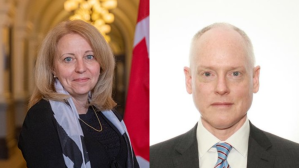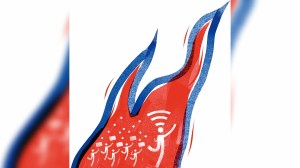UN reports calls South Asia hot-bed of Child Trafficking
The United Nations has stressed on the need for strengthening laws in South Asia to protect child trafficking.

The United Nations has stressed on the need for strengthening laws in South Asia to protect child trafficking.
Launching a report on Preventing and Responding to Child Trafficking in South Asia, UNICEFs Child protection specialist Lena Karlsson said, child trafficking is a neglected form of human trafficking as children risk being picked out as undocumented migrants, juvenile delinquents or unaccompanied minors.
Though the governments of South Asia have developed national plans of action and also adopted laws to criminalise trafficking, legal frameworks needs to be strengthened to further protect children from all forms of trafficking and to assist child victims with legal and psychological support, the report states.
South Asian children are being trafficked for various forms of sexual exploitation such as prostitution, sex tourism, child pornography, paedophilia and labour exploitation in agriculture and industries.
Although India and Sri Lanka have put their signature in the Palermo Protocol, the first legal instrument to provide international definition of trafficking of human and children, none of the South Asian countries have actually ratified the protocol, Karlsson said.
The report emphasises on making judicial process child-friendly and protecting the privacy and psychological well-being of children.
According to an estimate some 1.2 million people have been trafficked worldwide annually and the child trafficking accounts for half of it.
The report also consists of a case study of regional anti-trafficking network established in three districts of Andhra Pradesh (India) – Anantapur, Chittoor and Kadapa – where anti-trafficking campaign has paid well.
According to the report, after the implementation of community based anti-trafficking project, adolescent girls have become increasingly aware of trafficking and other child protection risks.
“The girls, mostly from Muslim families, tribal communities and scheduled castes, belonging to these south Indian districts, have become more confident and have started demanding their rights, including right to education and vocational training,” the report states. In Nepal, where children face threat of violence, abuse and exploitation, sensitisation programmes conducted by the para-legal committees with the assistance of UNICEF have raised awareness about risks, human rights and support structures among children and women, the report says.
Photos



- 01
- 02
- 03
- 04
- 05




























